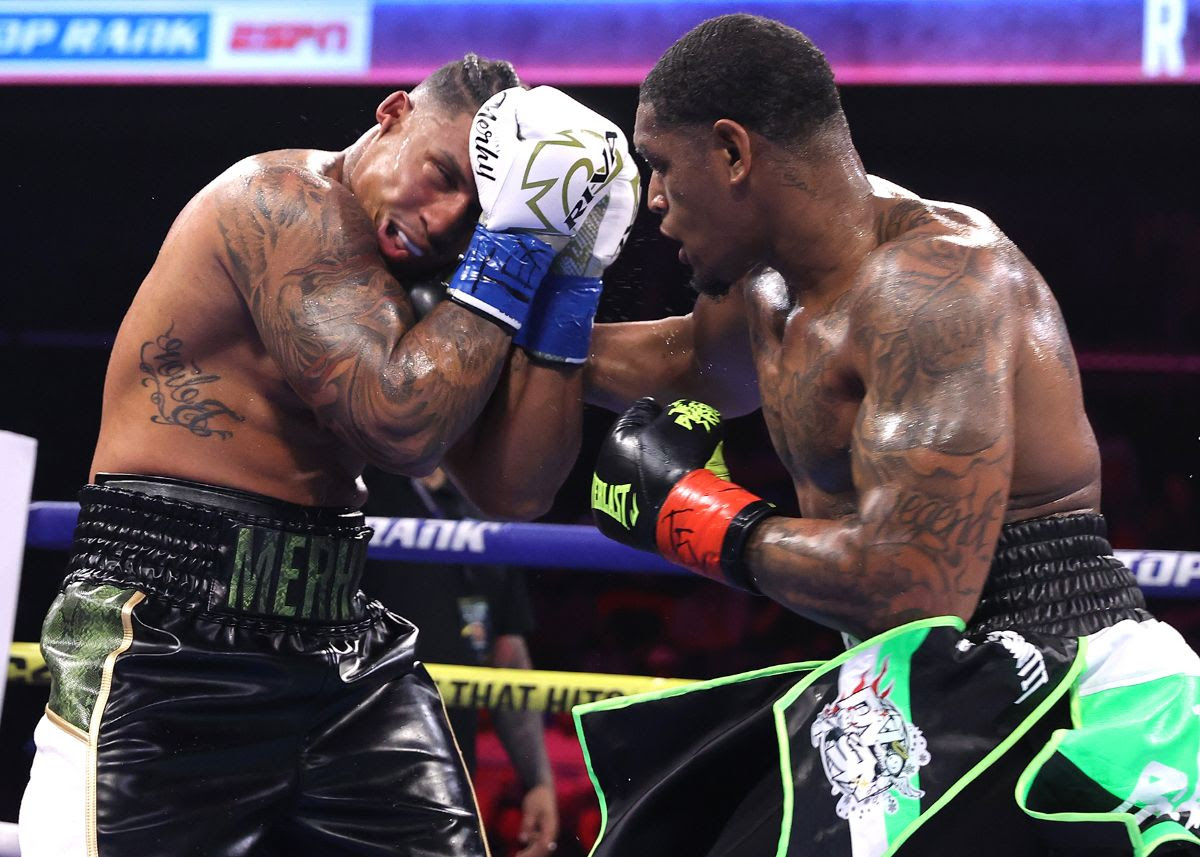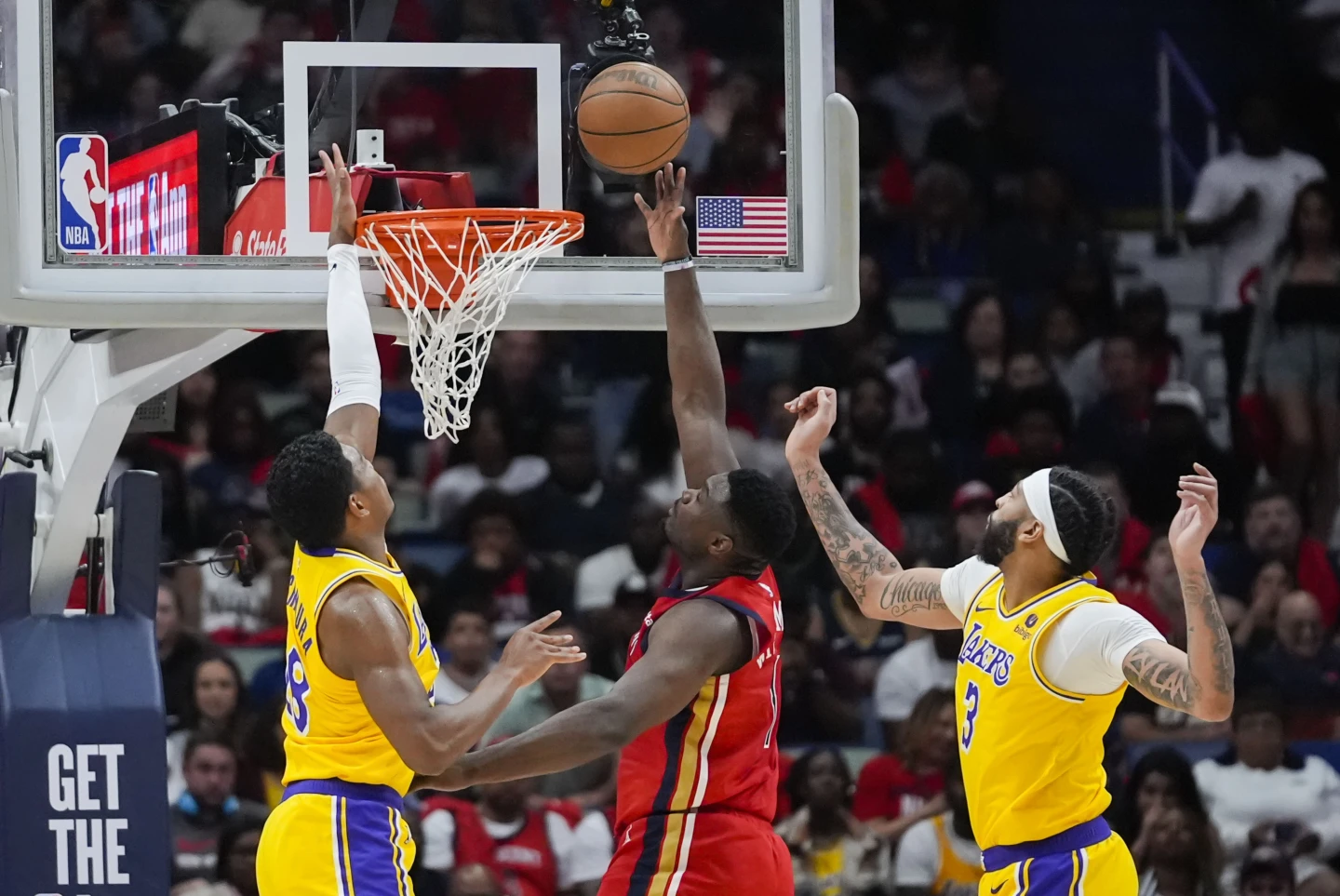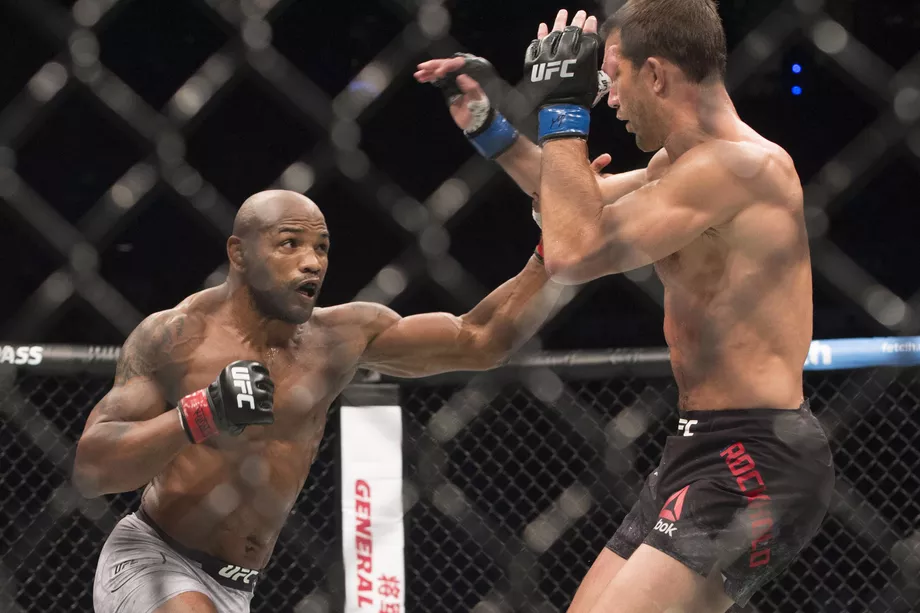On Feb. 11, after stepping on a scale at Perth Arena in a second attempt to hit the middleweight title limit of 185 pounds, Yoel Romero surprisingly missed.
The betting line, which had opened favoring Romero but was fast trending in his opponent Luke Rockhold’s direction, inched further that way, eventually closing firmly in favor of the American. We all know what happened next, a crushing knockout for Romero, who is now on his way to fighting Robert Whittaker for the undisputed belt despite failing to hit championship weight. Still, the 2.7-pound gaffe reopened questions of the effects of missing weight on both opponents. Does it help or hurt one side more than the other? Most evidence — like Romero’s win — has been anecdotal, but we decided to look a little closer at historical results.
Since the UFC introduced its early weigh-in procedures in June 2016, the promotion has held 72 events. During that time, they have held 42 matches in which one fighter missed weight, with the bout only going forward after the opponent agreed to participate in a catchweight encounter. (Nine additional matches were canceled completely due to weight-cutting issues.)
The results are interesting.
In those 42 bouts, the fighter who missed weight emerged victorious the majority of the time, with a record of 23 wins and 19 losses (54.8% win percentage).
But that alone does not offer meaningful information. The data can be broken down further to reveal another trend, and that is this: Fighters who missed weight but were already favored to win by oddsmakers were much more likely to emerge victorious than those who missed weight but were underdogs.
In fact, Romero was one of only a handful of underdogs who missed weight to leave with a win. Underdogs missing weight went just 7-14 (33.3%) in their 21 tries. By contrast, betting favorites who missed weight went 16-5 (76.2%) during that time.
In an attempt to see if those results were a statistical anomaly, we went back further, examining the 72 events held before the start of the early weigh-in procedures. Perhaps the most interesting revelation from that data is that missing weight was far less common over the same span of events. In those 72 events, only 23 catch weight fights occurred due to fighters missing weight. That means incidences of catch weight fights due to botched cuts increased 82.6 percent since the June 2016 arrival of early weigh-ins.
From a performance standpoint, the numbers held up as they relate to underdogs. Fourteen underdogs missed weight and went only 5-9 in the ensuing fights. By contrast, only seven favorites missed weight, but they went 3-4.
Breaking it down further, we looked at fighters who have had small misses (two pounds or less), mid-size misses (2.5-3.5 pounds), and major misses (four pounds or more). The major takeaway here is that being much bigger than your opponent does not always work in your favor. Those who missed weight by four or more pounds combined for a record of only 8-10. During that span, fighters who missed weight by six pounds or more went 0-4. That’s a stat that has been remarkably stable through UFC history; according to best available research, during the modern era, every fighter to miss weight by seven or more pounds has lost their fight. The rare occurrence has only happened five times, most recently when Charles Oliveira lost to Ricardo Lamas in Nov. 2016 after missing weight by nine pounds.
While it might be logical to assume that a far bigger (and assumedly more hydrated) competitor would have a distinct advantage, it seems likely that the physical effects of a badly botched weight cut combined with the lingering mental effects of the failure to hit the contracted mark — not to mention the lost chunk of pay due to penalty — may play a role in this consistent result.
So what can we glean from this information?
First off, all things considered, an extra pound or two doesn’t seem to make much difference in winning or losing. If your opponent misses weight, there is almost no statistical advantage, as in 63 fights with competitors that missed weight, the offending party went just 31-32.
Second, underdogs are slightly more likely to miss weight. Thirty-five out of 63 fighters to miss weight were underdogs (55.6 percent).
And finally, if you are an underdog who misses weight, it might be worth considering skipping the fight altogether, because your chances of victory are not strong. Underdogs who failed to hit their number went 12-23 over those 144 events (a poor 34.3 winning percentage).
What to do about this reoccurring mess? Well, that’s no easy answer, but this week, the UFC took a step in the right direction when Gilbert Burns showed up to Orlando to begin fight week weighing 186 pounds — a full 30 pounds over the lightweight limit. For the first time, the UFC stepped in to stop a steep and dangerous weight cut before it happened. The promotion canceled his fight.








